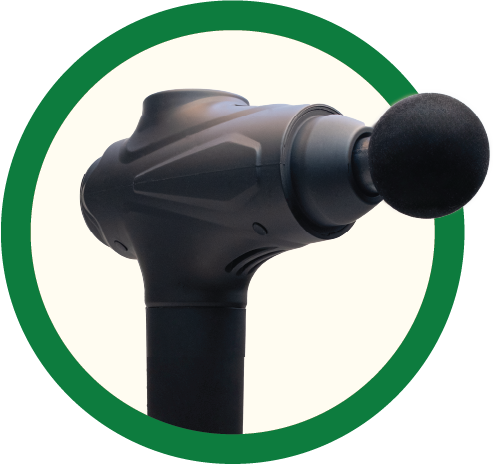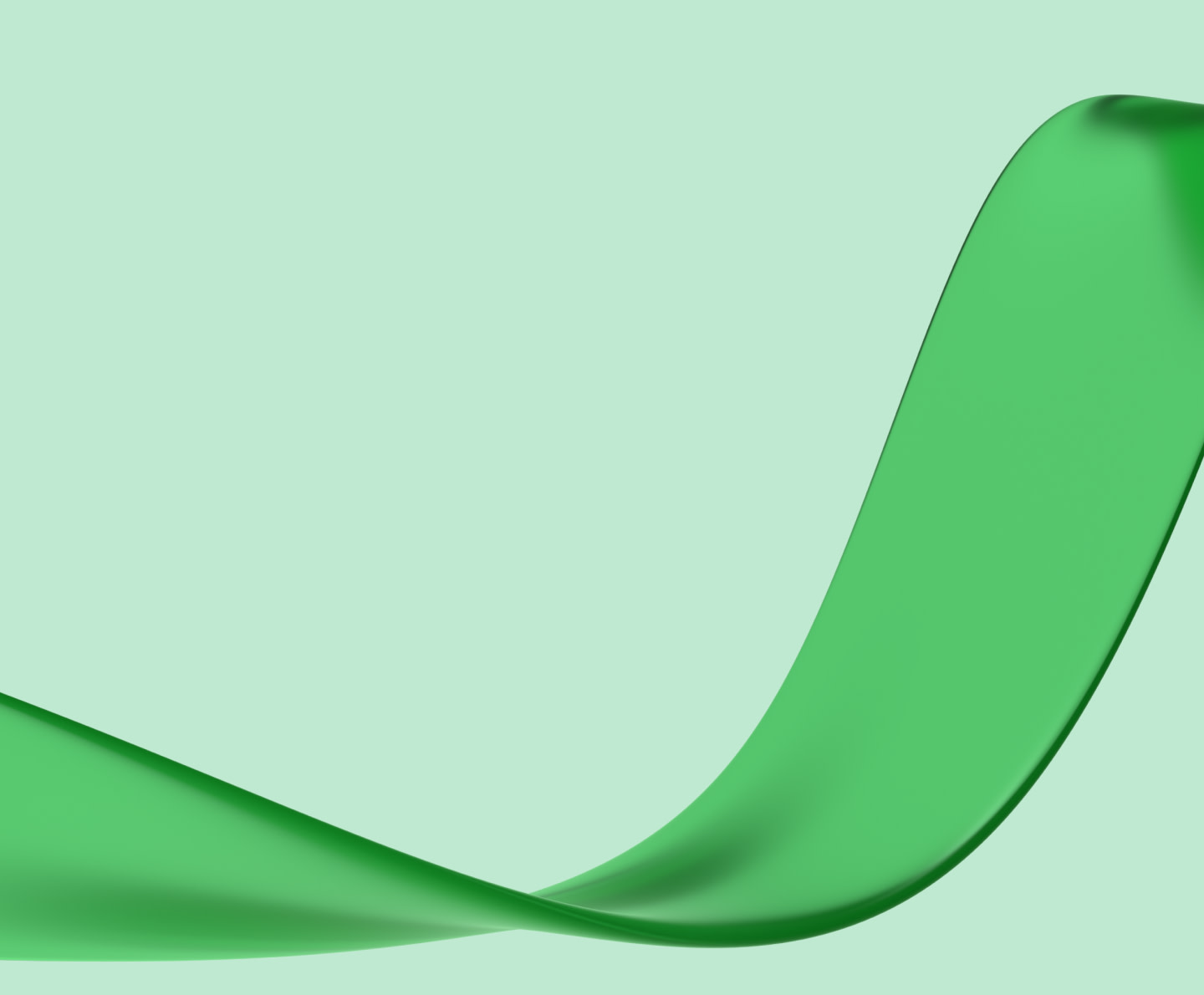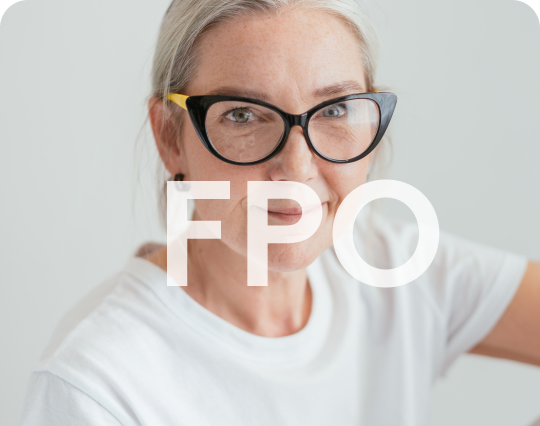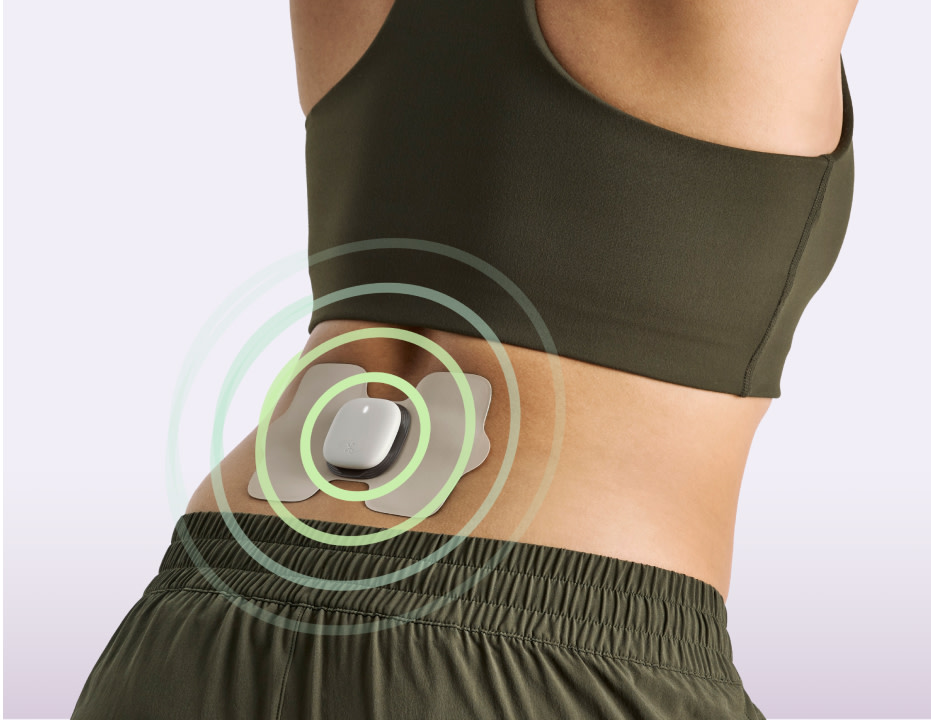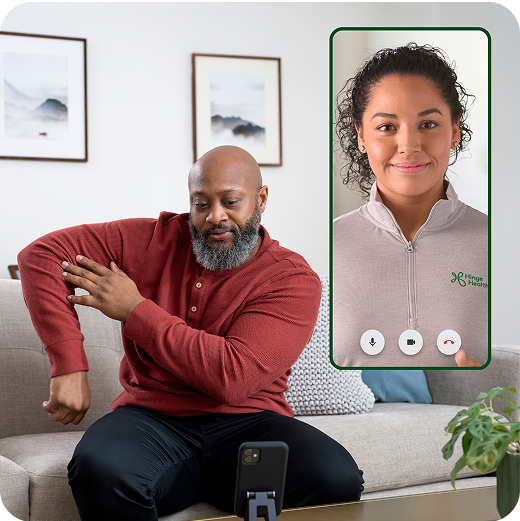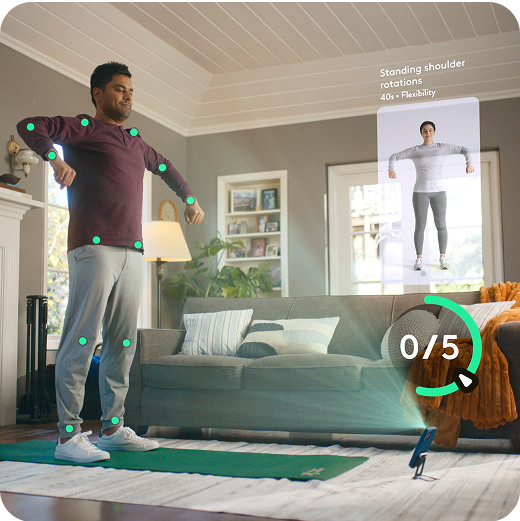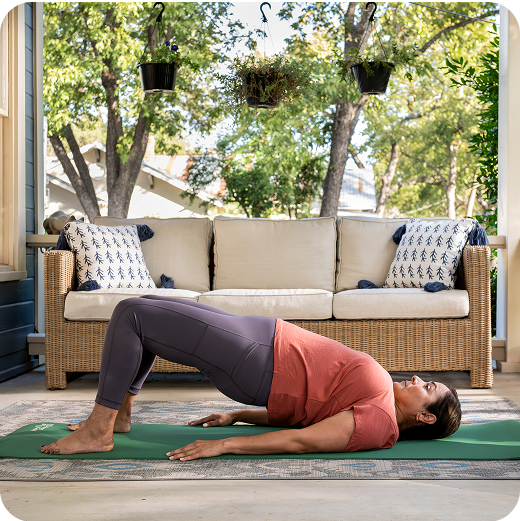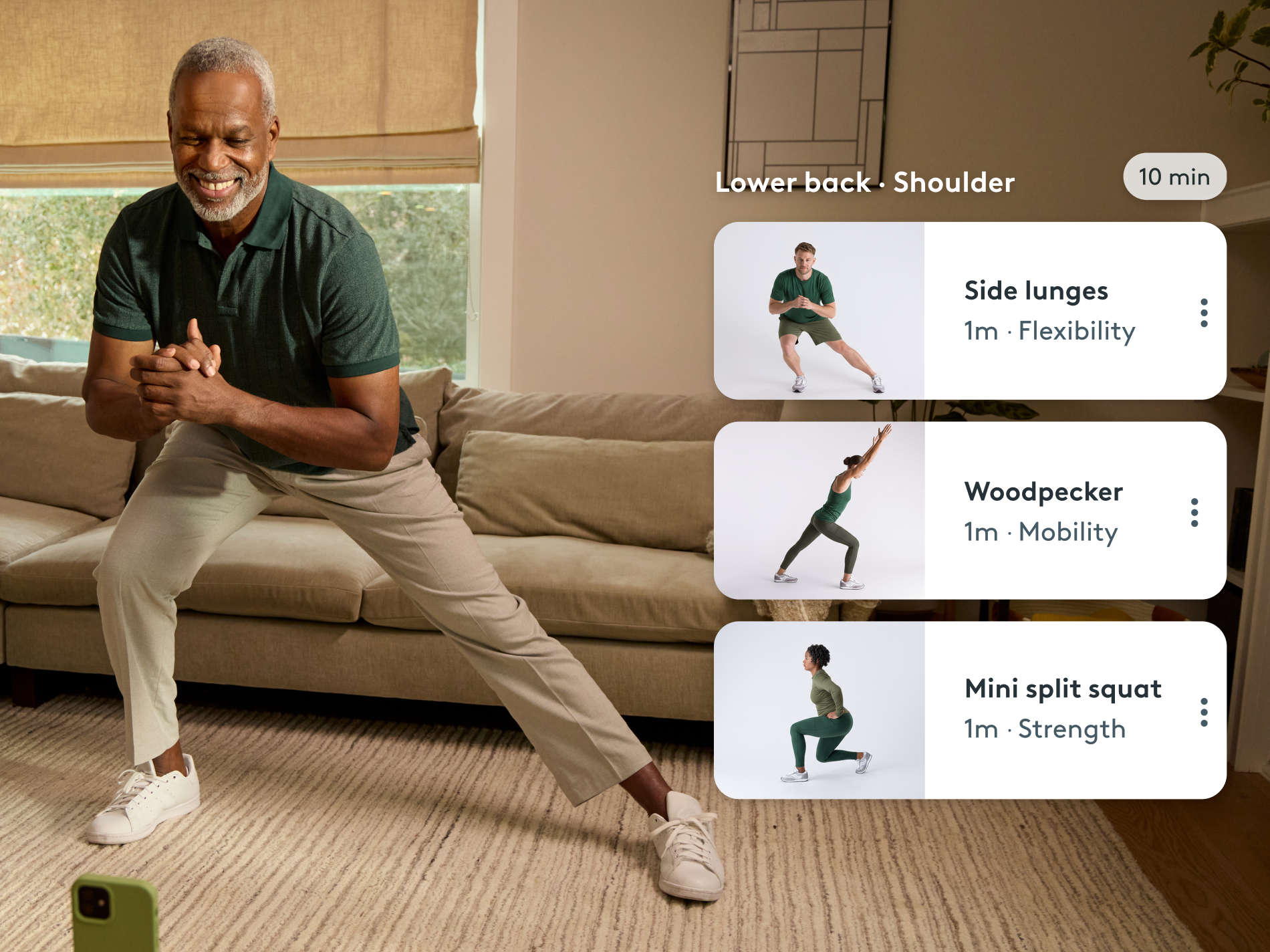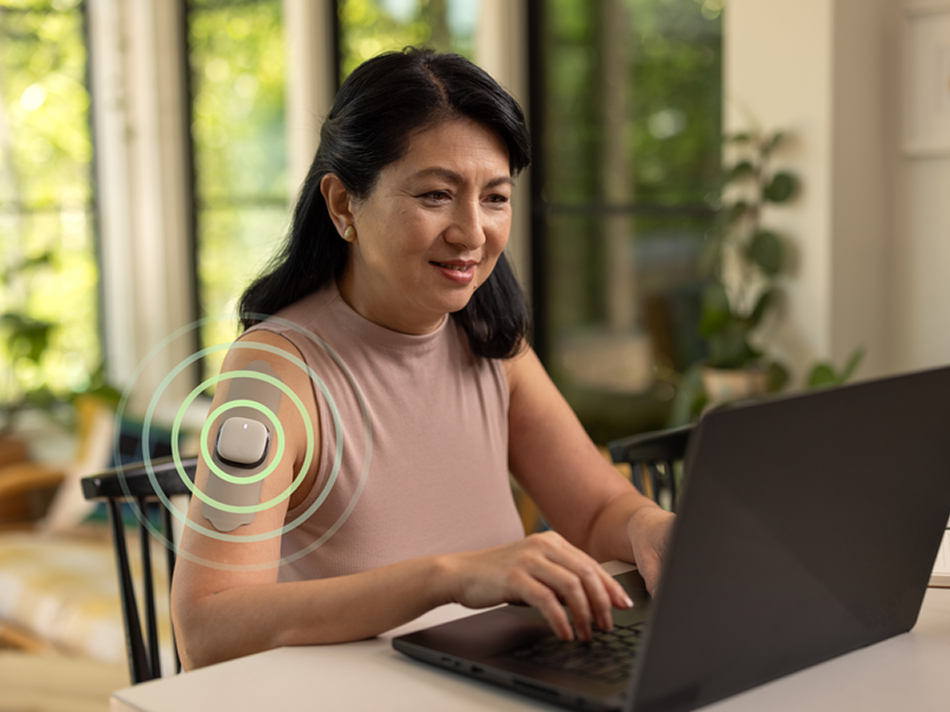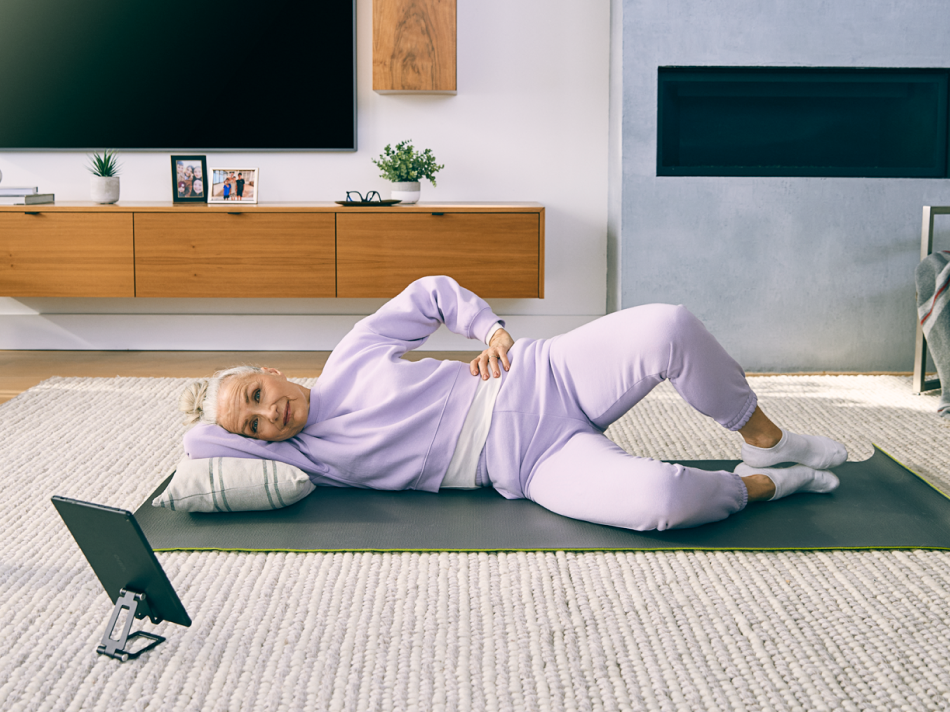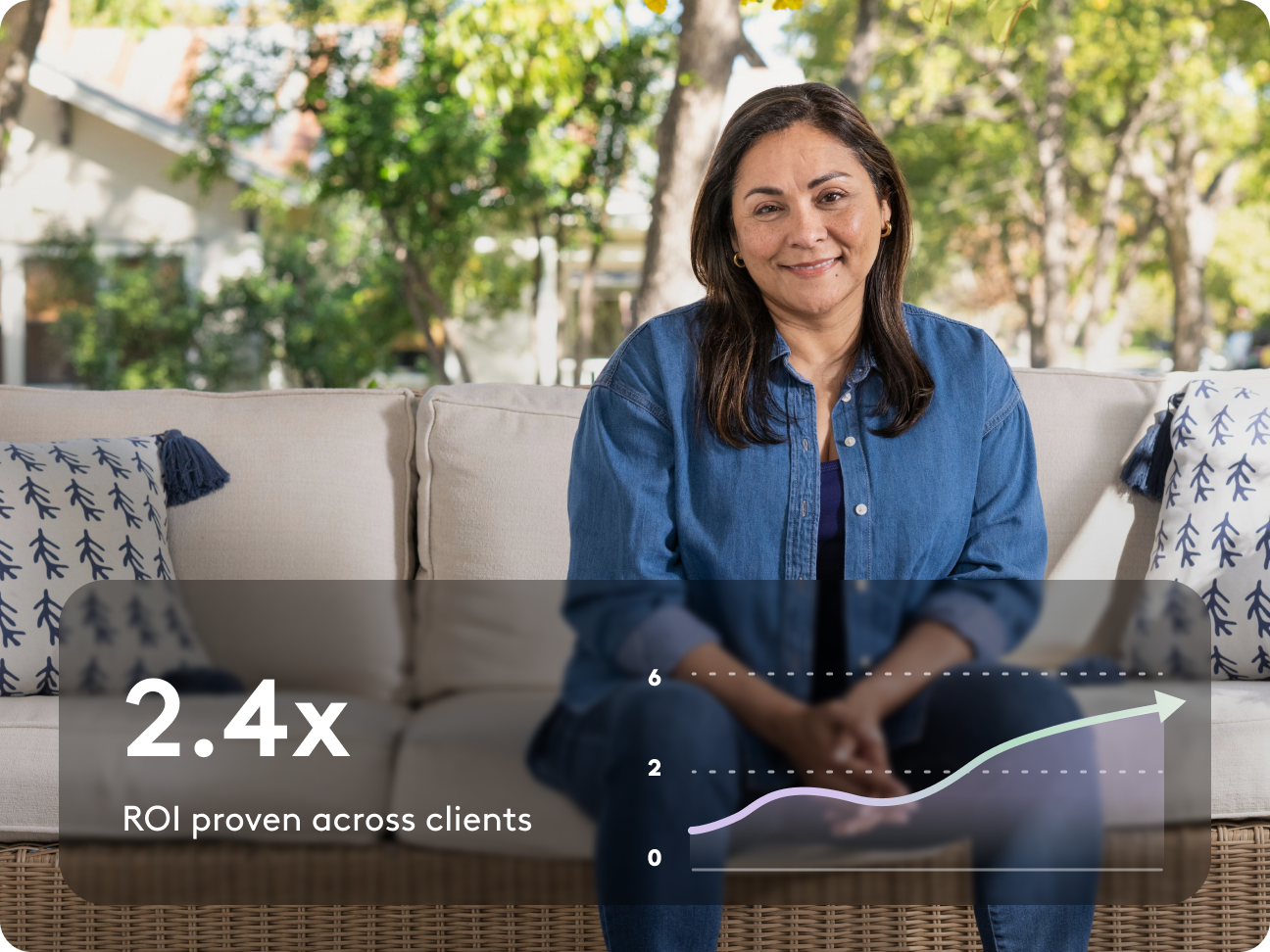Smartling test header tag container
test subheader from smartrling
Lorem ipsum dolor sit amet, consectetur adipiscing elit, sed do eiusmod tempor incididunt ut labore et dolore magna aliqua. Vel elit scelerisque mauris pellentesque pulvinar. Mauris sit amet massa vitae. Lorem ipsum dolor sit amet, consectetur adipiscing elit, sed do eiusmod tempor incididunt ut labore et dolore magna aliqua. Vel elit scelerisque mauris pellentesque pulvinar. Mauris sit amet massa vitae. Lorem ipsum dolor sit amet, consectetur adipiscing elit, sed do eiusmod tempor incididunt ut labore et dolore magna aliqua. Vel elit scelerisque mauris pellentesque pulvinar. Mauris sit amet massa vitae. Lorem ipsum dolor sit amet, consectetur adipiscing elit, sed do eiusmod tempor incididunt ut labore et dolore magna aliqua. Vel elit scelerisque mauris pellentesque pulvinar. Mauris sit amet massa vitae. Lorem ipsum dolor sit amet, consectetur adipiscing elit, sed do eiusmod tempor incididunt ut labore et dolore magna aliqua. Vel elit scelerisque mauris pellentesque pulvinar. Mauris sit amet massa vitae.
Lorem ipsum dolor sit amet, consectetur adipiscing elit:
sed do eiusmod tempor
sit amet mauris commodo
pulvinar sapien et ligula
incididunt ut labore et
dolore magna aliqua.
Header
Vel elit scelerisque mauris pellentesque pulvinar:
sit amet mauris commodo
quis imperdiet massa tincidunt nunc
pulvinar sapien et ligula
ullamcorper malesuada
Embed Image
Test Header
H1 title in egestas erat imperdiet1
H5 Subhead Diam vel quam elementum pulvinar etiam. Magna sit amet purus gravida quis blandit purus elementum pulvinar etiam.
Primary - Large TextFirst One
Second One
Third One
No matter where you have pain, we have you covered
- Component Test Page - Body Part Navigator 1test
- Component Test Page - Body Part Navigator 2test
- Component Test Page - Body Part Navigator 3test
Component Test Page Spotlight
Component Test Page Spotlight
- stuff goes here?
- another point here
disclaimer
Tap into pain relief. Anytime, anywhere with our app.
Tap into pain relief. Anytime, anywhere with our app.
I am another CtaSection header
Lorem ipsum dolor sit amet, consectetur adipiscing elit, sed do eiusmod tempor incididunt ut labore et dolore magna aliqua. Ut enim ad minim veniam, quis nostrud exercitation ullamco laboris nisi ut aliquip ex ea commodo consequat. Duis aute irure dolor...
AND here is a bit more text to show that the block quote uses a long text field now.
and here is a hyperlink
Component Test Page - Flexible Card Column Condition
Hinge Health offers care for women in all stages of life, especially during pregnancy, following childbirth, and in menopause.
Lorem ipsum dolor sit amet, consectetur adipiscing elit, sed do ut labore et dolore magna aliqua.
Lorem ipsum dolor sit amet, consectetur adipiscing elit, sed do ut labore et dolore magna aliqua.
Lorem ipsum dolor sit amet, consectetur adipiscing elit, sed do ut labore et dolore magna aliqua.
Our Pro Panel:
About our Author
Lorem ipsum dolor sit amet, consectetur adipiscing elit, sed do eiusmod tempor incididunt ut labore et dolore magna aliqua.
About Our Author
Lorem ipsum dolor sit amet, consectetur adipiscing elit, sed do eiusmod tempor incididunt ut labore et dolore magna aliqua.
Lorem ipsum dolor sit amet, consectetur adipiscing elit
Lorem ipsum dolor sit amet
Fata volentem ducunt, nolentem trahunt
Licensed doctors of physical therapy create custom programs to guide your physical recovery
Board-certified health coaches trained in behavior change provide support and motivation to keep you on track
Lorem ipsum dolor sit amet
Fata volentem ducunt, nolentem trahunt
Licensed doctors of physical therapy create custom programs to guide your physical recovery
Board-certified health coaches trained in behavior change provide support and motivation to keep you on track
Test FAQs
I am a LogoMarquee header
Program Feature Example
Get a better understanding of your own body. And get back your confidence to live life to the fullest.
Test Header
Testimonial Carousel
Subheader for testimonial section with testimonial carousel
Hinge Health has been great for all of my employees. Keep it up!
Rachel B.
VP Operations
Two Testimonial Carousel
Subheader for testimonial section with two testimonial carousel
Thanks to Hinge Health, I'm not going to have surgery.
Melody W.
Hinge Health member
Adding Hinge Health to my company's benefits plan was the best decision.
Bernard V.
HR benefits director
Single Testimonial
Subheader for testimonial section with single testimonial
Hinge Health has been great for all of my employees. Keep it up!
Rachel B.
VP Operations
I am a CtaSection header
Example Section Title Component
Example Video Section
Physical therapy programs that fit your needs and lifestyle
Hinge Health is available at no cost through over 600 employers and health plans.
Physical therapy programs that fit your needs and lifestyle
Hinge Health is available at no cost through over 600 employers and health plans.
Example Video Section
Physical therapy programs that fit your needs and lifestyle
Hinge Health is available at no cost through over 600 employers and health plans.
Physical therapy programs that fit your needs and lifestyle
Hinge Health is available at no cost through over 600 employers and health plans.
Need help enrolling? Give us a call at (855) 902-2777 (TTY: 711) from Monday–Friday 6 a.m.–6 p.m.
No matter where you have pain, we have you covered
- Component Test Page - Body Part Navigator 1test
- Component Test Page - Body Part Navigator 2test
- Component Test Page - Body Part Navigator 3test
Hinge Health is available to over XXX companies and benefit plans!
Your interactive tour of the Hinge Health app is ready!
Tap start to begin.
There are no waiting rooms, copays, or commutes. Just gentle stretches and exercises to help you move better and feel better.
Component Form Test
example
link text →Test Program Feature Header
Test Program Feature Subheader Text
Test Yoga Mat Spotlight
Test Yoga Mat Spotlight
restrictions apply
Test header
Test subheader
Hinge Health
In-person PT
Costs
Hinge Health Program
Get a complimentary massage gun as incentive when you join*
Hipster Ipsum - Fingerstache hammock occupy dreamcatcher, stumptown fixie dolor
Coloring book gastropub jianbing gochujang air plant. DIY helvetica man
What your teammates have to say
Your Teammates love Hinge Health
Play
"The guidance was exceptional. I saw improvements quickly."
Example Section Title
Example Section Title 2
Acute vs. delayed onset muscle soreness
There are two types of muscle soreness: acute (right away) and delayed onset muscle soreness (sometimes called DOMS). You can experience either type of soreness after a workout that’s challenging for you. Both types are a good thing — they signal that you’re getting stronger — but they do differ in a few ways. Here’s how:
Acute muscle soreness is usually felt immediately after you’re done exercising. It’s caused by a buildup of waste products, such as lactate and hydrogen ions within your muscles, during high-intensity exercise. This type of muscle soreness resolves quickly — usually within a couple of hours.
Delayed onset muscle soreness (DOMS) usually starts about 12 hours after your workout and peaks around 48 hours post-workout. Your muscles develop tiny tears after an intense workout, and DOMS refers to the soreness you feel when those microscopic tears are being repaired. This natural process makes your muscles stronger and more resilient.
Tell me more about my sore muscles
Post-exercise muscle soreness may seem like a sick joke. You’re doing something good for your body. Why does it have to hurt? The answer depends on what type of muscle soreness you experience.
Acute muscle soreness is often due to a buildup of lactic acid. This is a substance that’s produced in your muscle cells and red blood cells that forms when your body breaks down carbohydrates to use for energy during exercise. After a hard workout, your muscles may have a lot of lactic acids built up. While this can contribute to temporary soreness, it generally clears out a couple of hours after stopping activity.
“Delayed onset muscle soreness is most likely due to the tiny microtears that can form in muscles,” explains Steven Goostree, PT, DPT, a physical therapist at Hinge Health. This creates an inflammatory response that’s the source of your discomfort. While microtears may sound like a bad thing, it’s not. The process your body goes through to repair those tiny tears is the very thing that makes your muscles stronger.
So, ‘no pain, no gain’ — right?
It’s important to know that if you’re not sore after a workout it doesn't mean you’re not getting stronger or that you’re not challenging your body enough. “No pain, no gain” is a myth. Our Hinge Health physical therapists tell members all the time that more soreness is not equivalent to a better workout. So keep on moving!
How to heal your sore muscles
As frustrating as achy muscles can be, try not to let the soreness discourage you. And let’s not forget the silver lining: As you get stronger and your muscles become accustomed to different types of movements, you’re less likely to experience muscle soreness after exercise.
In the meantime, your muscle soreness will most likely peak between 24 and 72 hours after your activity and ease up on its own. But here are additional steps you can take to promote relief from sore muscles:
Stay active. If you’re sore, you may not want to jump right back into an intense workout. “But light activity, such as walking, may make you feel better since it increases blood flow to the area,” advises Dr. Goostree.
Rub it out. Massaging a sore muscle can help relieve tightness and increase blood flow to the area, which can help with recovery. A 2017 study published in the Frontiers in Physiology journal found that a massage within 24 hours of intense exercise helped reduce soreness.
Stretch. Light basic stretches that you hold for a few seconds can help increase blood flow to sore areas without overstressing muscles, says Dr. Goostree. Many Hinge Health members report using their exercise playlists for post-workout stretches.
Heat. While ice is often recommended to reduce inflammation, heat is often preferred for post-exercise soreness since it increases blood flow to the area, says Dr. Goostree. Even a warm bath or hot shower can help.
Over-the-counter (OTC) creams and gels. Look for one that contains menthol or capsaicin, such as IcyHot and Aspercreme, to help ease muscle soreness. A 2020 study published in the Journal of Strength Conditioning and Research found that OTC creams and gels helped speed up recovery from exercise-induced microtears in the muscle.
Compression garments. These are typically made from nylon, spandex, or similar material and fit tightly around the skin to apply gentle pressure to certain muscle groups. A 2016 review published in Physiology and Behavior concluded that they help to decrease post-workout muscle soreness. “This is probably due to increased blood flow from compression to the area,” says Dr. Goostree.
What about pain medication?
You may be tempted to pop an over-the-counter pain reliever such as ibuprofen (Advil, Motrin) to help relieve pain and muscle soreness after a workout. It might be worth reconsidering, though.
One study found that ibuprofen did not alter muscle soreness among ultramarathoners, and was actually associated with higher levels of inflammation after running. Other studies point to long-term consequences of using NSAIDs for DOMS, such as a greater likelihood of experiencing kidney damage.
Nonsteroidal anti-inflammatories (NSAIDs) such as ibuprofen work to stop the inflammatory process in the body, but your body needs the inflammatory response to repair muscle. Inhibiting inflammation can negatively affect long-term tissue healing, especially when higher dosages are used, according to the British Journal of Sports Medicine.
When to see a doctor
Sore muscles are a sign that you’ve challenged them and they’re being built up. As unpleasant as the post-workout soreness is, it’s usually a good thing. In some cases though, pain can indicate that you’ve injured muscles, tendons, or even joints. See your doctor if:
Your muscle soreness lasts for more than a week
Your pain is so bad you can’t move or do normal day-to-day activities
You are dizzy or have trouble breathing
Your sore muscles are red, swollen, or warm to touch
You notice pain in a surrounding joint, over the bones, or in a tendon
Pain doesn’t seem to get better with at-home treatments, such as those mentioned above
How to prevent sore muscles when you exercise
As reassuring as it may be to know that sore muscles are actually a good thing, acute soreness, and DOMS are still unpleasant. Here’s what Hinge Health physical therapists recommend to minimize post-exercise pain and discomfort while building muscle and maximizing recovery:
Warm-up. It increases blood flow to your muscles and reduces the risk of injury. “I recommend light cardio, such as a slow walk or cycling at a low setting on an exercise bike,” says Dr. Goostree. Contrary to popular belief, you don’t need to stretch as a part of your warm-up. Experts say that it doesn’t reduce your chances of developing muscle soreness.
Drink plenty of water. It helps loosen joints and transports nutrients that your body needs to promote muscle healing. “Your muscles need a lot of water so if you are dehydrated, it can trigger cramps,” explains Dr. Goostree.
Think light. Just did a tough workout? While you may want to wait 48 hours before the next one, you still want to do some light exercise that involves the sore muscles. So if you’re sore after a long run, take a short walk or bike ride and focus on strengthening your upper body muscles for a few days instead of vegging out on the couch.
Apply moist heat. Moist heat such as a warm towel or a hot water bottle may prevent soreness better than dry heat sources. If you’re worried about DOMS, it’s best to do this right after a workout as opposed to waiting until later in the day, according to a study published in the Journal of Clinical Medical Research.
Cool down. “It’s very important to stretch after you exercise since muscles are more relaxed and flexible,” says Dr. Goostree. Research shows it can help reduce post-workout muscle soreness and aid in recovery.
Through Hinge Health, I have not only been able to strengthen my left shoulder and become pain free, but the exercises have also helped me.
Viola L.Hinge Health memberLorem ipsum dolor sit ut en amet, consectetur adipisci
Yorem ipsum dolor sit amet, consectetur adipiscing elit. Nunc vulputate libero et velit interdum, ac aliquet odio mattis. Class aptent taciti sociosqu ad litora torquent per conubia nostra, per inceptos.
dghasdhadoiwqueqweu9q euiqweqw eeqe89qeeee euqieq eeq ueu
dghasdhadoiwqueqweu9q euiqweqw eeqe89qeeee euqieq eeq ueu
Lorem ipsum dolor sit ut en amet, consectetur adipisci
Yorem ipsum dolor sit amet, consectetur adipiscing elit. Nunc vulputate libero et velit interdum, ac aliquet odio mattis. Class aptent taciti sociosqu ad litora torquent per conubia nostra, per inceptos.
Access pre-qualified patient referrals and get paid on time
Access pre-qualified patient referrals and get paid on time
Component Test Page - Social Page
Component Test Page - Social Page
Component Test Page - Social Page
Component Test Page - Social PageComponent Test Page - Carousel Section
Test eyebrow test for email
Test eyebrow header for email capture
Specialized care, built around you
Care your people and business can count on
Transforming workforce health while lowering costs
Frictionless contracting
Get value-based pricing and frictionless contracting through 5 out of 5 national health plans and 3 out of 3 PBMs.
Seamless implementation
With 90% of implementation completed through partners, you get seamless eligibility, billing, and reporting, care coordination and more.
Independently validated ROI
The right care model unlocks meaningful savings, and ours has been validated to deliver 2.4x hard dollar ROI¹.
Facing Enso Bluetooth issues on iPhone 17? Update to the latest iOS to fix connectivity.
